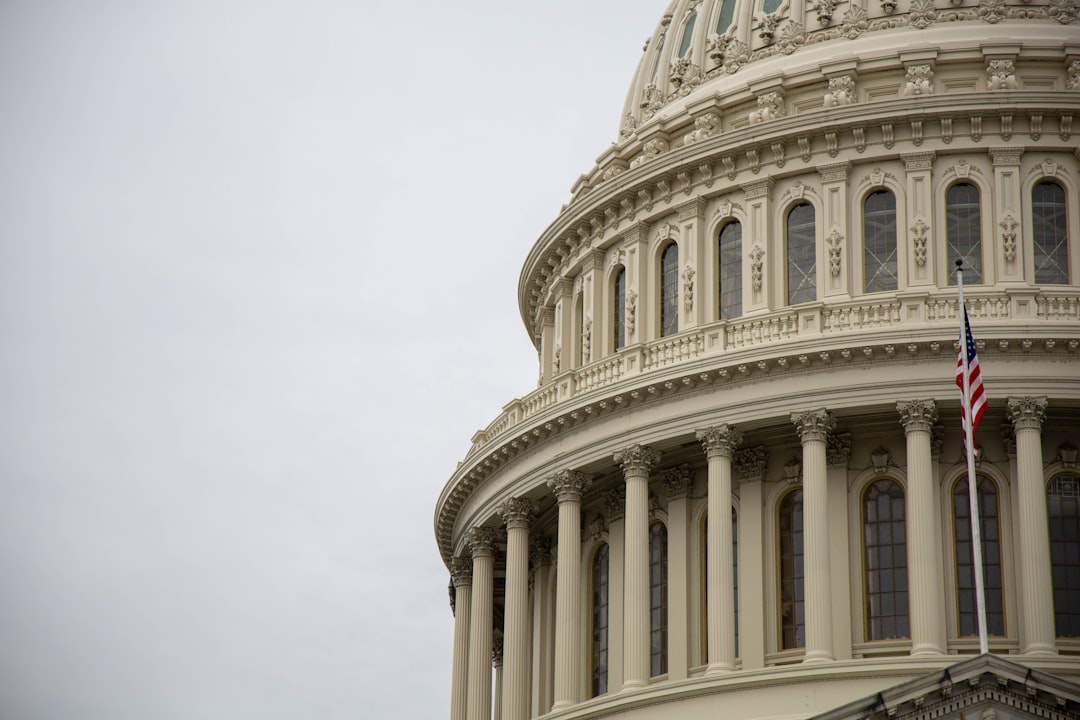All Nonfiction
- Bullying
- Books
- Academic
- Author Interviews
- Celebrity interviews
- College Articles
- College Essays
- Educator of the Year
- Heroes
- Interviews
- Memoir
- Personal Experience
- Sports
- Travel & Culture
All Opinions
- Bullying
- Current Events / Politics
- Discrimination
- Drugs / Alcohol / Smoking
- Entertainment / Celebrities
- Environment
- Love / Relationships
- Movies / Music / TV
- Pop Culture / Trends
- School / College
- Social Issues / Civics
- Spirituality / Religion
- Sports / Hobbies
All Hot Topics
- Bullying
- Community Service
- Environment
- Health
- Letters to the Editor
- Pride & Prejudice
- What Matters
- Back
Summer Guide
- Program Links
- Program Reviews
- Back
College Guide
- College Links
- College Reviews
- College Essays
- College Articles
- Back
Opinion Piece: America’s Dire Need for More Secular Political Discourse
With so-called “Christian values” increasingly influencing conservative policies in America, it is high time we revisit the idea of separation of church and state. The obvious importance of this concept is that no one religion should be viewed higher than any other in the eyes of the law. But perhaps an equally important aspect of the idea that is less frequently discussed is how religion in government can breed anti-democratic sentiments. If people vote perfectly in line with what their religion tells them, it gives corrupt politicians an easy pathway to power: simply claim that their policies are religiously motivated.
That might explain why some conservatives oppose secularism, none more blatantly than Representative Lauren Boebert while in a church just outside of Aspen, CO: “The church is supposed to direct the government, the government is not supposed to direct the church”. While she might seem to say this out of faith, it’s actually an effective political tool. PEW Research Center says 27% of American adults believe “the Bible should have more influence than the will of the people on U.S. laws”. Conservatives have capitalized on this, using Christianity to push their agendas like bans on abortion and trans rights.
Many Christians will oppose the idea that their religion could ever be hateful. After all, God’s love is infinite. But there is a reality that needs to be faced, regardless of anyone’s beliefs on God; because of the ever-changing nature of religion, religions are influenced by modern social issues more than anything else. Perhaps the best example is hyper-conservative Christianity, which as a Harvard Political Journal explains, once had more moderate roots; “Many Christians of the late 20th century found their biblical [beliefs] challenged by calls for equality for women and LGBT rights…The response was…separatism from Christianity’s longstanding association with… economic reform and progressive policies.”
This is not to say there is no place for religion within political discussion. Religion is part of many people’s moral codes, and morality influences law. The problem arises when people only use religion, not defensible reasoning, as justification for political beliefs. The combination between the easily influenced nature of religion and the shocking number of Americans who believe that the Bible should have supremacy over democracy is frightening. Right now in America, any politician could say that the bible supports their policies and automatically gain a sizable voter base. That is why we need secularism. Conservative Christianity in politics is a war on democracy, and it is growing more terrifying by the day.
PEW Research Center source: pewresearch.org/religion/2022/10/27/45-of-americans-say-u-s-should-be-a-christian-nation/pf_2022-10-27_christian-nationalism_00-012/
Harvard Political Journal source: harvardpolitics.com/in-god-we-trust-how-american-christianity-became-republicanism/
Lauren Boebert quote source:
nytimes.com/2022/07/08/us/christian-nationalism-politicians.html
Similar Articles
JOIN THE DISCUSSION
This article has 0 comments.

